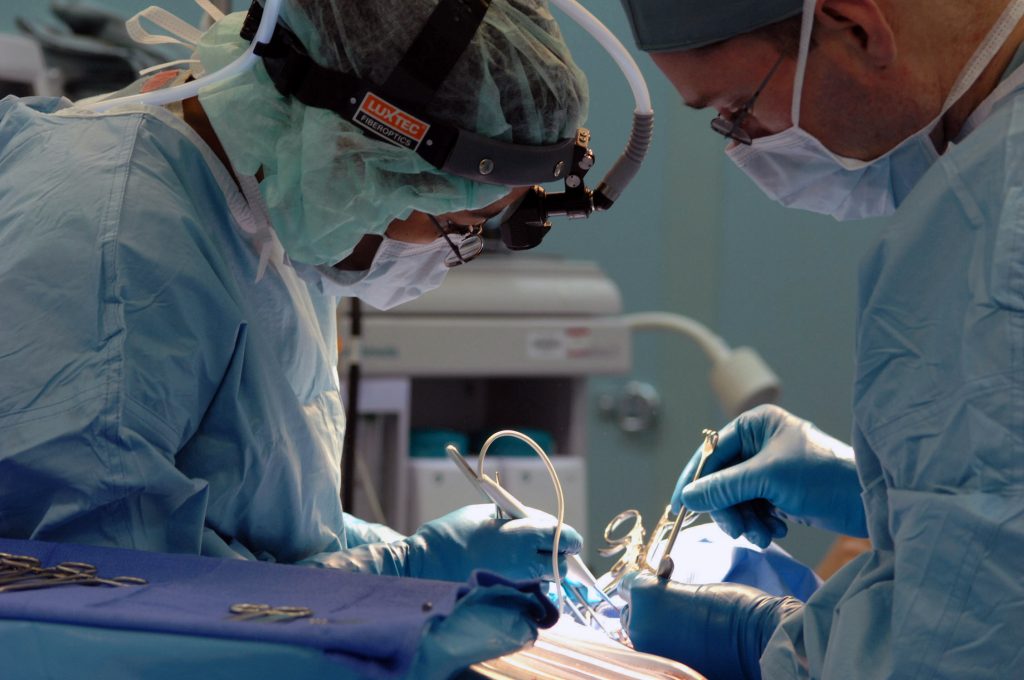Medical negligence occurs when you have been injured by wrongful or faulty treatment or a diagnosis by a doctor, a healthcare professional, or a healthcare organization. If you are planning to move ahead with a medical malpractice case, it is important that you are also aware of the potential hurdles that may come your way.
The biggest limiting factor of a medical malpractice case is its complexity and highly technical nature. You will need to have expert testimonies and witnesses to support your stand and claim. Without professional legal guidance, you will find negotiating a medical malpractice case extremely difficult.
Many victims refrain from going ahead with a valid claim due to perceived difficulties. In this post, we list some of the common roadblocks you can expect and how you can overcome them.
Burden of Proof
In medical malpractice cases, as in personal injury cases, the burden of proof lies on the plaintiff. It is the medical malpractice victim who has to provide proof of negligence or wrongdoing on the part of the defendant. If negligence cannot be proven, the case stands to be dismissed.
Your medical malpractice lawyer will explain to you that negligence on the part of the healthcare professional means that he or she did not meet the standard of care expected from a similarly qualified and experienced medical professional in the same geographical region.
Medical professionals may be negligent due to a variety of outside reasons including lack of proper knowledge or skills, distraction during the course of treating the patient, carelessness, extreme work stress leading to a lack of clarity in thoughts and actions, and/or exhaustion due to being overworked.
How to Prove Negligence?
Proving medical negligence requires expert testimony from a similar healthcare professional or service provider.
Though the law does not insist on it, it is recommended that the expert witness also be a practicing professional in the same field as the defendant, preferably in the same sub-specialty. The testimony holds more weight and credibility when it comes from an expert offering an opinion about his or her own specialty. The expert must give testimony as to what is the standard of care usually delivered by competent and qualified professionals in the particular field. If the defendant didn’t provide the level of care that can be reasonably expected by the patient, or the defendant provided sub-standard service, then it amounts to negligence.
Negligence is also a breach of duty owed to the patient under normal circumstances and due to the existing doctor-patient relationship.
Proof of Causal Factor
The mere existence of negligence does not amount to medical malpractice. The plaintiff should be able to prove that the negligence caused the patient harm or injury. Also, the injury must not be a result of a pre-existing condition which can lead to loss of claim. The existence of causation or proximate cause is necessary for plaintiffs to proceed with a medical malpractice claim.
You will need expert testimony to prove causation as well. The expert who testifies that the defendant delivered substandard care, or that a similarly qualified doctor would have provided treatment different from what was provided by the defendant, does not help prove medical malpractice. The cause-effect relationship between negligence and the injury/harm suffered by patient needs to be proved beyond doubt.
The legal clause, known as res ipsa loquitur, allows plaintiffs to show that the harm or injury suffered does not usually occur in the absence of negligence. Res ipsa loquitur translates as “the thing speaks for itself.” To invoke this doctrine, the actual cause of injury must not be obtainable, and the plaintiff must also prove that the only instrumentality that could have potentially caused the injury was at the sole disposal of the defendant.
Furnish Quantifiable Proof of Damages or Harm
A medical malpractice claim should be backed by proof of damages you suffered as a result of the poor quality medical care you received.
Medical expenses incurred due to injury, lost days of work and income, loss of future earning potential, pain and suffering, mental distress, and other losses endured by the plaintiff as a result of the injury sustained can be claimed as damages. Medical malpractice claims usually involve severe injuries or disability from a medical mistake that require a lifetime of medical care and treatment. Future treatment expenses typically run into massive figures, so your medical malpractice attorney will, in all probability, work with a medical economist to properly explain the damages to the jury.
Damages for pain and suffering cannot be easily quantified. A range of factors affects the payout, including the complexity of the plaintiff’s injuries, his or her behavior before a jury, and the existence of a past criminal record. It is best to take your lawyer’s opinion on the likely result, based on your evidence and circumstances.
Conclusion
A medical malpractice case is not easy to win. Consult a good attorney who will be able to study your case and advise you on the right options. If your claim is a rightful one, with persistence and focused efforts, you will be able to win a fair compensation.
